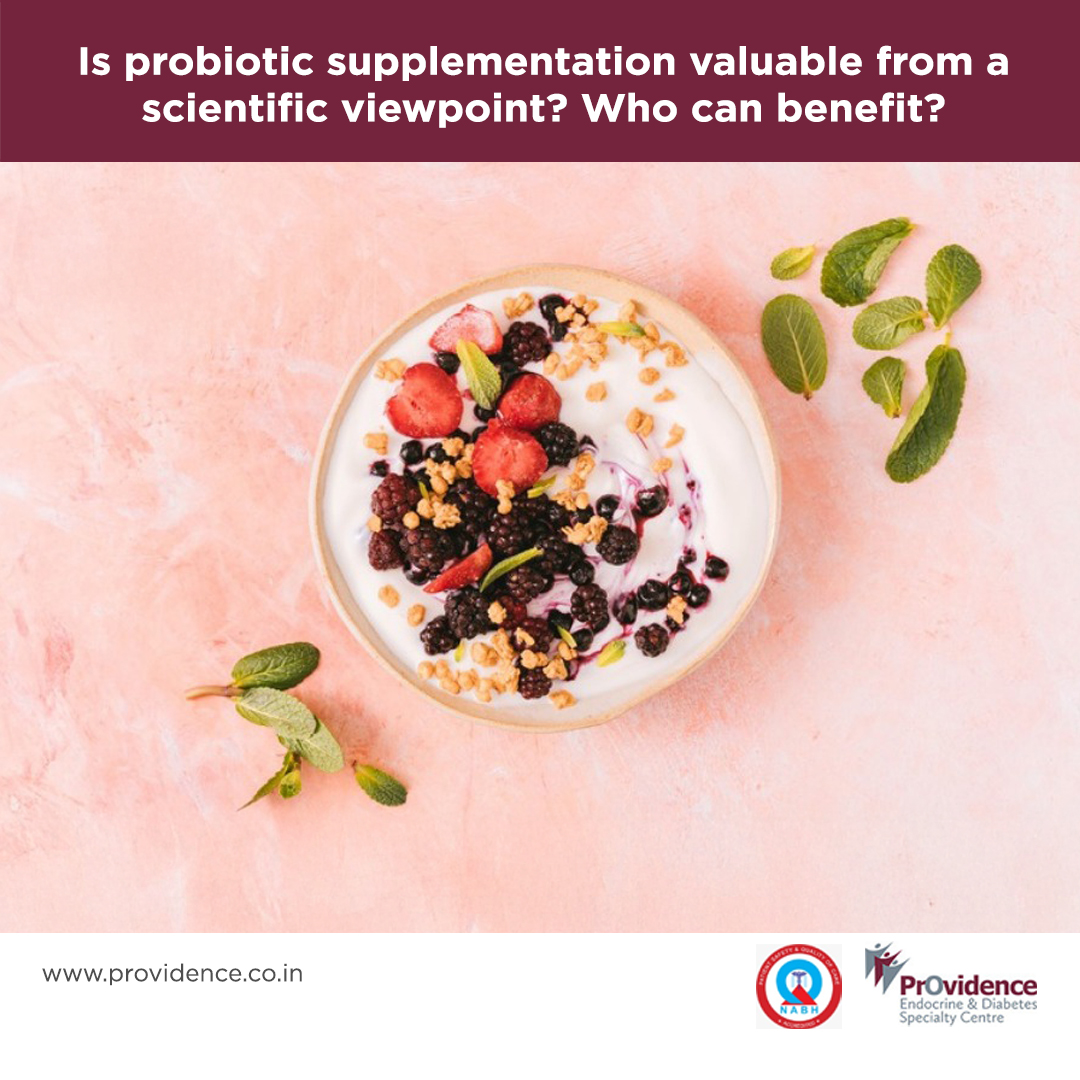The term “probiotic” is widely discussed regarding its role in health. Probiotics are foods and/or supplements containing non-pathogenic microbes, such as bacteria and yeast, that colonize the gut and can offer various health benefits. Probiotics do not simply “add” good bacteria to the gut; their effects are complex and multifaceted, involving interactions with the host’s microbiota, immune system, and intestinal cells. Lactobacillus, Saccharomyces, and Bifidobacterium are the most frequently used genera.
There are various ways the probiotics can work inside our body. The main scientific mechanisms include:
- Competitive Exclusion of Pathogens: Probiotics can compete with harmful bacteria for nutrients and binding sites on the intestinal lining.
- Enhancement of the Intestinal Barrier: Probiotics can strengthen the gut lining by promoting the production of mucus and increasing the expression of “tight junction” proteins, which essentially seal the gaps between intestinal cells.
- Immunomodulation: Probiotics can interact with the host’s immune system, both locally in the gut and systemically. They can influence the activity of immune cells and regulate the production of both pro-inflammatory and anti-inflammatory cytokines.
- Production of Bioactive Metabolites: Probiotics ferment undigested dietary fibers and other substrates, producing beneficial compounds. Probiotics can also produce antimicrobial substances like bacteriocins and organic acids that inhibit the growth of harmful bacteria.
- Synthesis of Vitamins and Enzymes: Some probiotic strains can synthesize essential vitamins (e.g., vitamin K, folate) and enzymes that aid in digestion and metabolism.
- Influence on the Gut-Brain Axis: Emerging research suggests that probiotics can influence the gut-brain axis, a bidirectional communication system between the gut and the central nervous system.
Scientific research on probiotics has shown promising results for a variety of health conditions, though the efficacy is highly dependent on the specific strain and condition being studied.
Some areas with a stronger evidence base include:
o Antibiotic-Associated Diarrhea (AAD) : Probiotics can help prevent or reduce the severity of diarrhea that often occurs after a course of antibiotics, which can disrupt the natural gut microbiota.
o Irritable Bowel Syndrome (IBS) : Certain strains of Lactobacillus and Bifidobacterium have been shown to help ease symptoms of IBS, such as abdominal pain, bloating, and irregular bowel movements.
o Infectious Diarrhea : Some probiotics can help reduce the duration and severity of acute infectious diarrhea, particularly in children.
o Atopic dermatitis : Studies proved that the intensity of eczema has decreased with the consumption of live and heat-neutralized probiotic bacteria.
o UTI : Lactobacilli protect women from developing urinary tract infections.
o Dental caries : Probiotics offer a promising new strategy for the prevention of dental caries, particularly in high-risk individuals and young children. They interact with the host’s immune system in the oral mucosa, helping to maintain a neutral pH in the oral cavity and thus reducing the demineralization of tooth enamel.
Mrs. Sreekutty S, MSc



